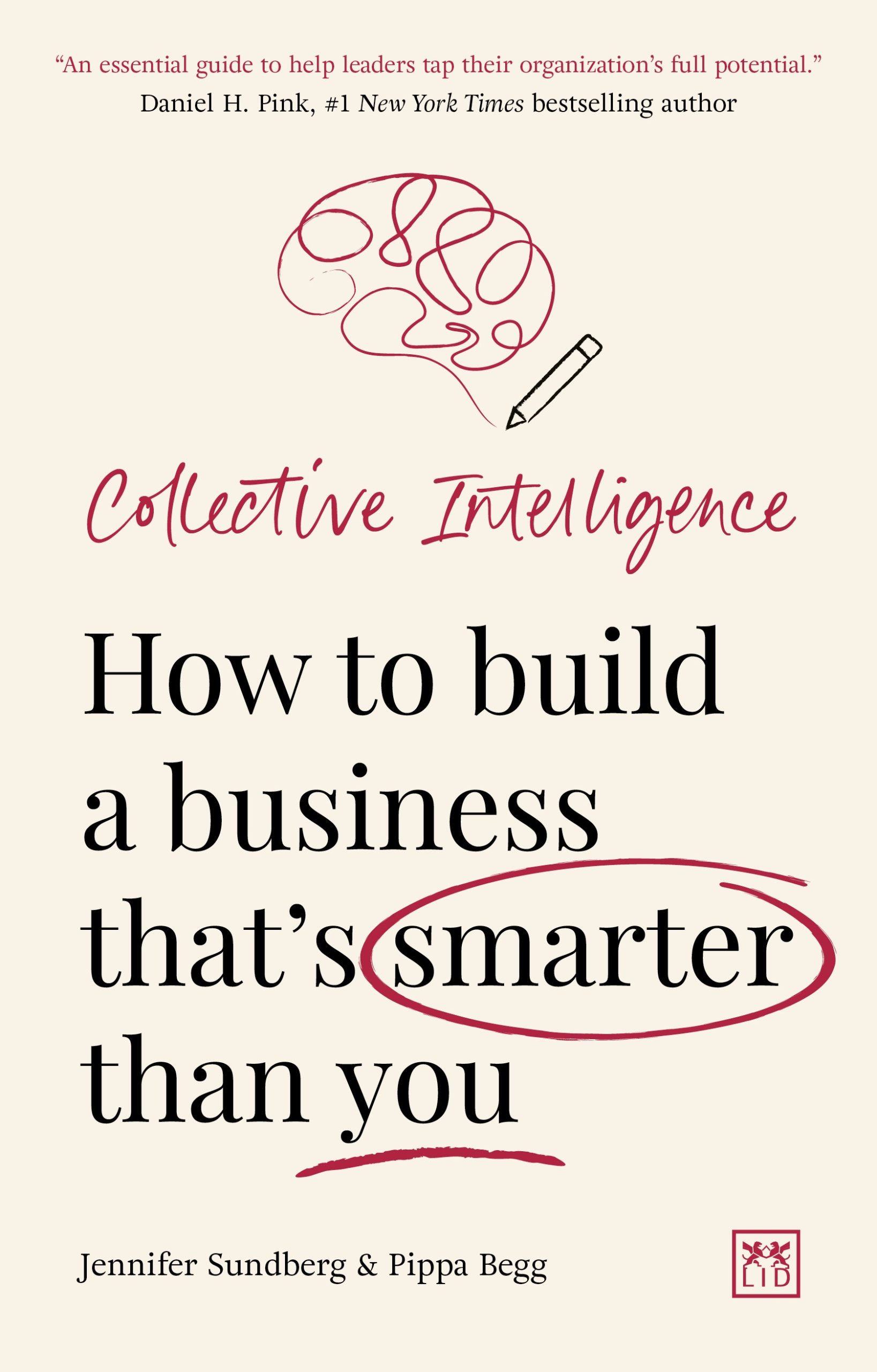Harvesting Creativity…
One of the challenges about getting the best out of everybody’s brains and sharing ideas is working out which ones to follow through on and which ones not, and the potential chaos and confusion that can ensue. In my early career I was once part of an innovation group, gathering together new ideas of how we might change our operations in the organisation, garnering suggestions from people around my division, and then submitting them for a review.
After a while momentum dropped, everyone kind of ran out of ideas, and it was quite tough to work out what would make a difference. Or not. And we became a committee to decide about some of the changes we might want to make in the organisation. I don’t think we had the amount of context and landscape that we might have needed to make this whole thing work. The sentiment and good intention was there. Let’s get everyone together. Let’s share ideas, but the execution was poor. It seems that can happen in a lot of organisations, Sunberg and Begg have got bucket loads of examples like this.
Reframe and renew…
This book was a steroid boost for any leader to make great strides to get the best out of the talent you have in your team. It can feel pretty tough to make sure that you communicate well in hoe you write speak and direct the company or how you accumulate thoughts, collect the right information to make good decisions, and on top of that make sure it becomes something that is endemic throughout your organisation, throughout the DNA of your organisation. The result begin that people come with ideas, share perspectives that mean your organisation can make rapid and game changing shifts and advances. The ideas and solution don’t need to just come from the top. It’s a reframe – Easy Peasy.
Golden Nuggets – well for me (Spoiler Alert?)
There are lots of elements of this book that I think are very useful for leaders and managers to make sure they get the best out of their team to make sure people feel heard, but also have a sensible application of some of this stuff.
For example, thinking about how you might, in a meeting, have to counteract groupthink – wide and comfortable agreement, the instance where everybody kind of agrees that this is a great thing to do. That’s something we can get whipped up in, it feels good so off we go. But why not have people deliberately play devil’s advocate and challenge the ideas, even if they agree with them themselves, play out the failure/worst case outcome. Perhaps common sense but these shifts could be really applicable useful things to just instigate in your thinking and in your communication straightaway. Winner! Tell me what the questions are that you would ask if you disagreed with this. Don’t just agree with me because I’m the leader.
The other really key thing that hit me about this book is that you whilst you can say you are open to dialogue to a whole organisation, ask repeatedly for ideas and challenges to decisions and strategy, yet no one seems to challenge. We have to ask ourselves, have we given that psychological safety for people to actually speak up? Do they feel like they could say something without limiting their career, without making it impossible for them to then get promoted, because they’re seen as the troublemaker, so making it unsafe for people to argue their case? Perhaps not.
Language
This may be the only business book I’ve read with an example from the TV show ‘Friends’ in it, I liked that. Nice. It made it real. Endless acronyms and extraordinarily complex wording is tempting to show off one’s superior intellect but it does little to help people understand what you mean and is basically confusing dude! Do you alienate your staff by the way you communicate? Do you use those big words acronyms and things that make us feel like we might be cleverer than we are? Or are we just talking plainly and openly about what’s happening in the organisation or things we need to make decisions on?
A History lesson.
And I loved the variety of examples and sources that the authors gave to this book. Time and time again. I have noticed in many business book similar references, the same examples, the same organisations making shifts and changes or great culture to follow. And they are indeed exemplars of those things. Jen and Pippa (I feel like I know them a bit now we are first name terms), curated a pretty chunky variety of different stories and refences.
A few of which I think will stay the course; notable especially the Japanese terms and techniques that make you feel like you’ve just had a crash course in Ninja business skills. Some ancient insight in to understanding human behaviour, get lost, and can be really applicable in the business. I’m a historian at heart, what can I say? I’ve got a love for history, but we we can really learn from outside of business as well.
Wrapping up.
Feeling uninformed, out of the loop, even ignorant may be uncomfortable, destabilising for any leader. So this book will help to give you increased confidence that you don’t need to power along on your own. You are smarter when you tap in to the smarties around you.
Published by Lid Publishing
Reviewed by Su Sehmer – Founder & Consultant – We Achieve









